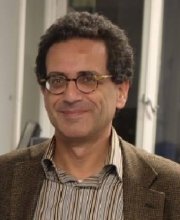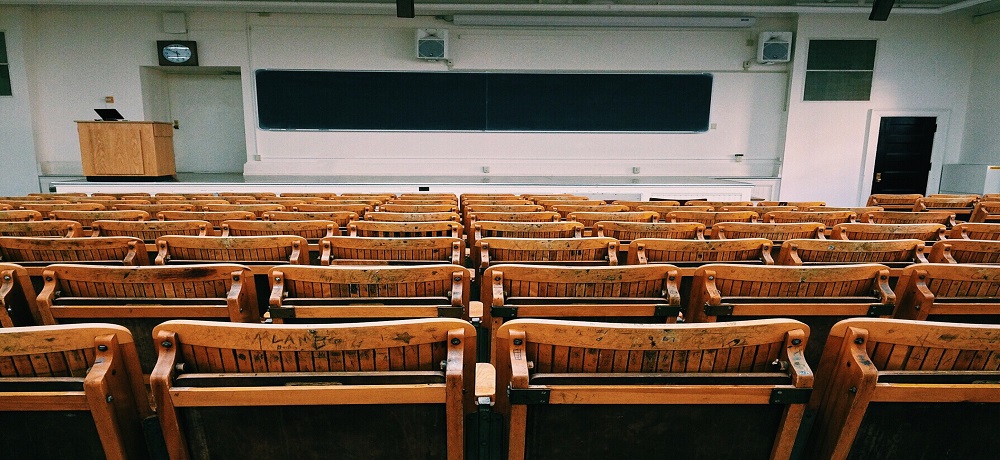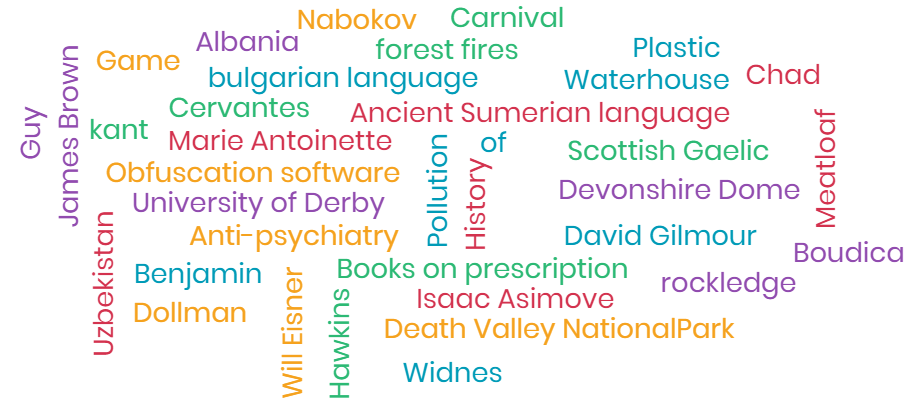
Stéphane Goldstein, Advocacy and Outreach Officer for the CILIP Information Literacy Group (ILG), has kindly provided a report on the recent event on Emerging directions for IL research, which took place on October 29th in London as part of UNESCO’s Global Media and Information Literacy Week.
Global MIL Week was marked in London with a seminar at UCL on 29 October, which showcased emerging directions for IL research. Four young research students were given the opportunity to present their work, and in doing so illustrated the great richness and variety of work being undertaken to explore the relevance of IL in different settings: in libraries, in schools, in the workplace and fascinatingly, through a historical, literary lens.
Jane Secker, as chair of CILIP’s IL Group, set the scene by explaining the rationale for Global MIL Week and presenting the new CILIP IL definition, stressing how this had evolved from the previous 2004 version – not least through the framing of IL in different contexts. This ‘contextuality’ was well illustrated by the four presentations that followed.
Lucy Royle, from King’s College London, has been investigating the IL skills of paraprofessional staff in an academic library, looking at how they develop their information practices in the light of the important frontline service that they provide. This is particularly instructive for the majority of LIS staff in higher education that are not professionally qualified. Lucy derived three key findings: (i) communities of practice emerge through shared working practices, relationships and collaborations; (ii) there is a place and need for trust in information-sharing relationships, which are influenced by social relations in the workplace; and (iii) there is an IL knowledge gap among paraprofessionals. On that basis, she has come up with six recommendations, of which she highlighted two: academic libraries should provide a friendly environment to foster team relations; and they should set out a framework of how IL experienced by paraprofessionals at different levels.
Kristabelle Williams, from UCL (and also a school librarian), has looked at the role of school librarians in the delivery of the Extended Project Qualification (EPQ) in English schools. EPQs are relevant to IL, because of their focus on research methodologies. Kristabelle’s conclusions are that school librarians have formal roles in delivering the EPQ; they feel that they have a positive part in supporting students, with much variation in the way that they experience their roles – even though, in the sample of schools covered by the study, a third of teacher coordinators do not feel that librarians have the skills to be supervisors. The research has implications about better defining the roles of school librarians; about what can be expected of them; and on developing the perceptions that teaching staff have of them.
Anne Binsfeld, from the Honourable Society of Lincoln’s Inn, has researched the IL of new barristers during their transition from education to the workplace. This is important because the transition from higher education to work is a major career step, bringing with it a variety of IL challenges if lawyers are to meet their expected professional standards. Anne has found that new barristers going through their pupillage struggle with research, experiencing a big difference between their experience in HE, and the expectations of the work environment and the professional practices that they engage with. For new barristers, the mediation of information problems is more interesting than the information problems themselves. They deploy various mediation strategies to address research difficulties (e.g. using pupil supervisors as information sources, finding the right senior staff to ask). There are also mediation strategies for professional practice, which involve social skills. Complex social learning is a key feature of young barristers’ professional development.
And finally, Ellen Haggar, from UCL, presented her MA research looking at the relevance of George Orwell’s literary work to fake news. She has focused on Orwell’s diaries, drawing comparisons between the language they contain and the wording of UNESCO’s Five Laws of Media and Information Literacy (MIL). Law 2, for instance, relates to the right to access information; this is something that Orwell dwelt on in his investigative journalistic efforts during World War 2. She also picked out Orwell’s interest in the spreading of rumours and false news, and his view on the propensity of false news to spread in an environment – such as during wartime – when information is strictly controlled. Interestingly, she found that the diaries touch on confirmation bias (even if it is not referred to as such), through Orwell’s accounts of how events, in the form of wartime atrocities, are viewed respectively by the political left and right. This research demonstrates that concerns about fake news are hardly new, and the inference from the diaries is that IL does indeed have an important role to play in combatting misinformation.
All in all, a fascinating insight into how IL relates to all sorts of situations; and proof that there is no shortage of aspiring talent to broaden the all-important evidence base around IL.



